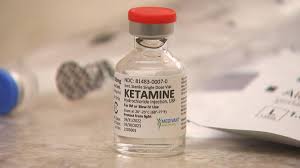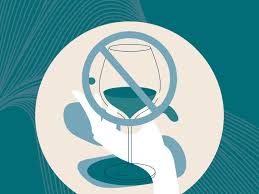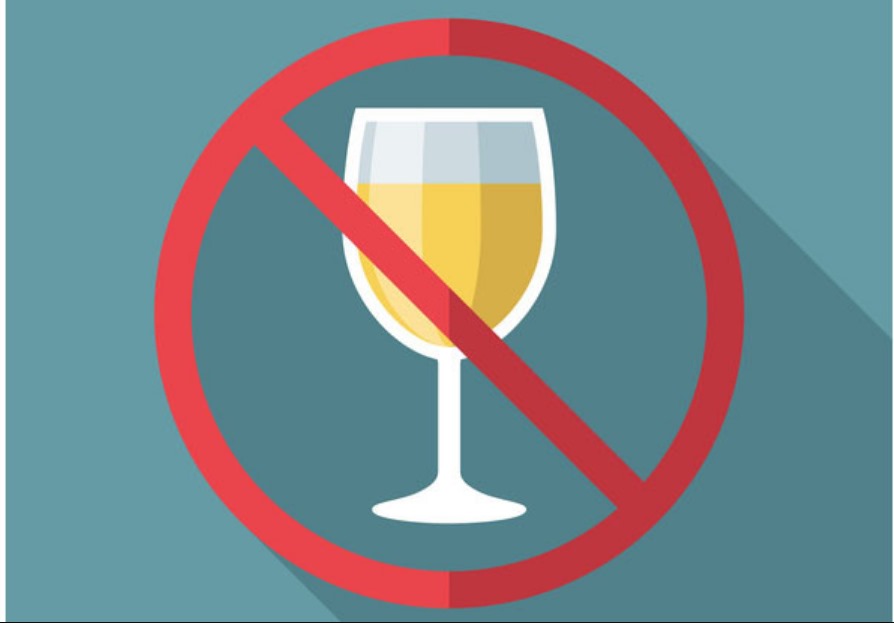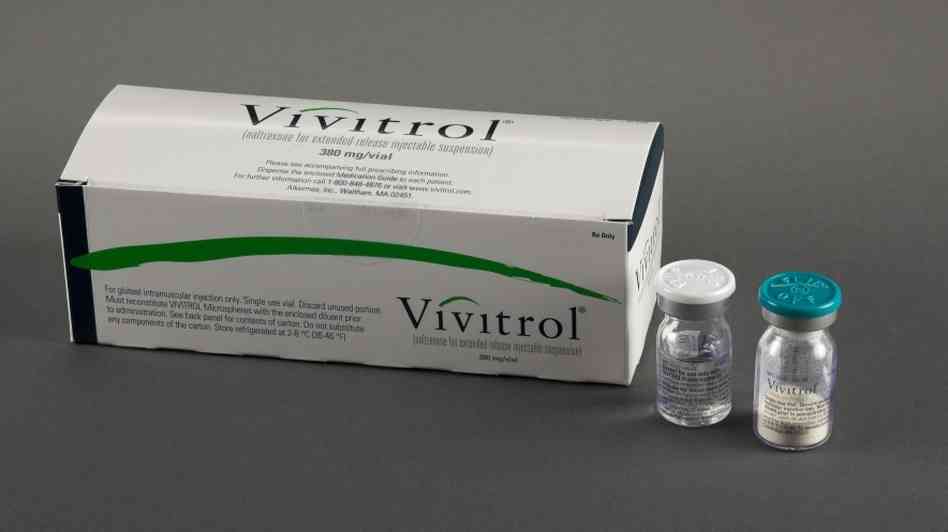Some Thoughts for You as Dry January Ends Dry January abstaining moderating reducing your drinking Jan 27, 2024 By Sarah […]
RECENT BLOG POSTS
Why Choose Outpatient Treatment for Alcohol and Substance Use Disorders? addiction treatment detox inpatient rehab rehab AA Alcoholics Anonymous 12-step […]
Abstinence versus Moderation in Addiction Treatment, Which Works Best? addiction 12-step programs abstinence moderation alcohol use disease model of addiction […]
5 Potential Benefits of Dry January Dry January Dryish January Damp January moderate drinking weight loss improved sleep health benefits […]
Ketamine friend or foe? ketamine matthew perry raves club drugs treatment resistant depression esketamine Dec 17, 2023 By Sarah Church, […]
You’ve Decided To Stop Drinking…What’s Next? quitting drinking going sober recovery literature coping with cravings Dec 10, 2023 By Sarah […]
Tips for Mindful Drinking During the Holidays mindful drinking drinking and holidays slow down hydrate mindful breathing avoid distractions Nov […]
Tips for Dry January Dry January Sobriety Sampling Mocktails Aug 24, 2023 By Sarah Church, Ph.D. In recent years, more […]
An Addiction Specialist Shares How to Manage Substance Use Urges During a Pandemic Winter alcohol psychology seasonal affective disorder relapse […]
6 Ways To Take A Break From Drinking alcohol drinking pandemic wine liquor Jan 15, 2021 By Kamala Greene Genece, […]
5 Things to Know About Vivitrol psychology drinking alcohol addiction recovery Sep 15, 2019 By Sarah Church, Ph.D. Dr. Sarah […]
Alcohol Use and the Family: How to Support a Family Member Who is Struggling addiction psychology recovery drinking alcohol Apr […]
Motivational Interviewing For Alcohol Use Disorder motivational interviewing alcohol use disorder ambivalence MI psychotherapy Apr 8, 2019 By Sarah Church, […]
Motivational Interviewing For Alcohol Use Disorder juuling vaping e-cigarettes nicotine Dec 26, 2018By Sarah Church, Ph.D. You’ve probably heard a […]
The Opioid Crisis Has Entered the Workforce: What Is an Employer to Do? opioids workplace wellness overdose treatment healthcare savings […]
Demi Lovato, what we know, what we’ve learned, and how she can win her fight opioids drugs therapy demi lovato […]
Sometimes I wonder if I’m drinking too much…Five questions to ask yourself. addiction alcohol psychology drinking recovery Sep 12, 2018 […]
Navigating the Opioid Epidemic: The Terms You Need to Know and Understand epidemic opioid addiction medication assisted treatment Sep 5, […]


















